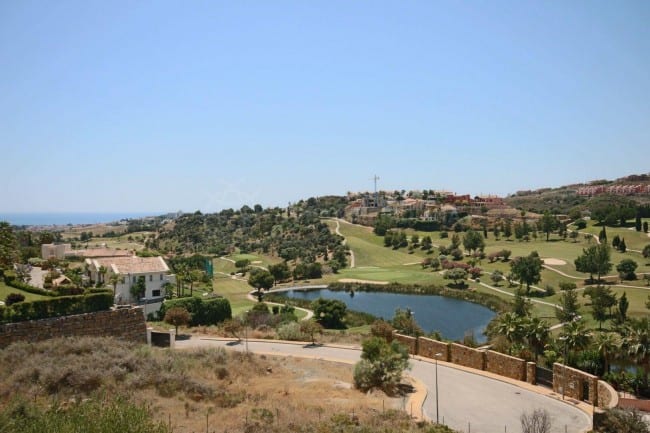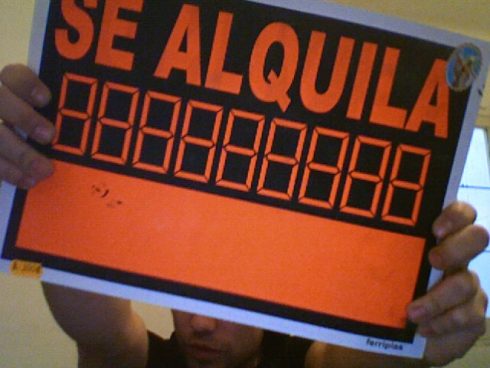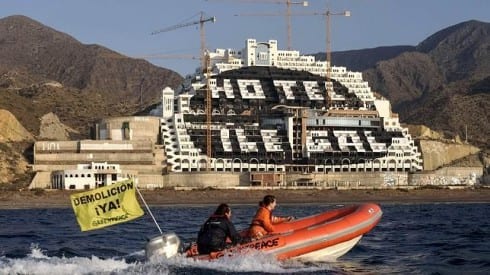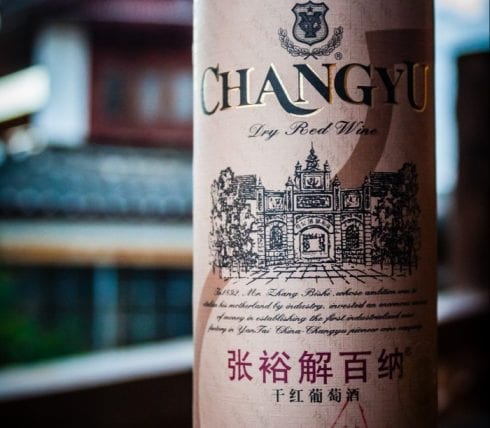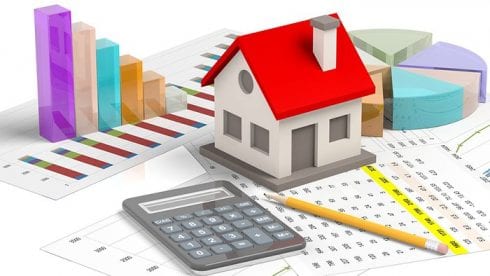 AS promised, this month we’ll look at how you can offset VAT (IVA in Spanish) when buying and building on urban land in Spain.
AS promised, this month we’ll look at how you can offset VAT (IVA in Spanish) when buying and building on urban land in Spain.
Once again, we sought the advice of Adolfo Martos Gross of GAM Abogados, a leading local law firm with offices in Malaga and Marbella.
“Whenever urban land is sold by a Spanish company or professional seller, whoever the buyer may be, the sale price will always be subject to VAT, which is charged at 21%,” Adolfo begins. “But if the buyer is also a company or professional developer registered in Spain, they have the right to offset the VAT paid on purchase against VAT they are required to levy on the sale of products and services during the same fiscal period.”
The basic maths works as follows, he explains: if the total amount of VAT paid by a taxpayer in a single fiscal year is greater than the sum of VAT they charge during the same period, they can ask the Spanish Tax Agency (la Agencia Tributaria, better known as Hacienda) to refund the difference.
Merely requesting a refund means Hacienda will first check the records of the taxpayer, whether a company or an individual. If they suspect there is no real intention of doing business, they will likely order an inspection. The higher the refund requested, the higher the risk of an inspection and this is especially true in Marbella, Adolfo notes.
Alternatively, the taxpayer can choose to retain the difference as tax credit, for a period of up to four years, to offset against VAT they may have to pay during future fiscal periods.
In the case of property development, if the buyer (and hence the owner) of the urban land is a Spanish company or professional developer, any invoices issued for building work carried out by a contractor or construction company are also subject to VAT. But, Adolfo explains, there are a number of special provisions worthy of note.
As a general rule, the party selling the product or service in a transaction is liable for payment of VAT to Hacienda, rather than the buyer, although the buyer is required to pay the corresponding VAT to the seller on top of the sale price.
In the case of construction undertaken by one company on behalf of another, such as when a property developer has a contractor carry out work on his behalf, VAT is charged at the reduced rate of 10%, rather than 21%. The law also ‘inverts’ responsibility for payment, making the developer liable, if applicable, to both charge and pay VAT at the same time.
In practice, this means that, instead of a contractor charging VAT on top of an invoice issued to a developer, a developer can retain the amount of VAT payable on the contractor’s invoices issued during a fiscal quarter as ‘IVA repercutido’ and offset this amount as ‘IVA soportado’.
This produces a zero-sum effect on cash flow – an advantage for any developer.

